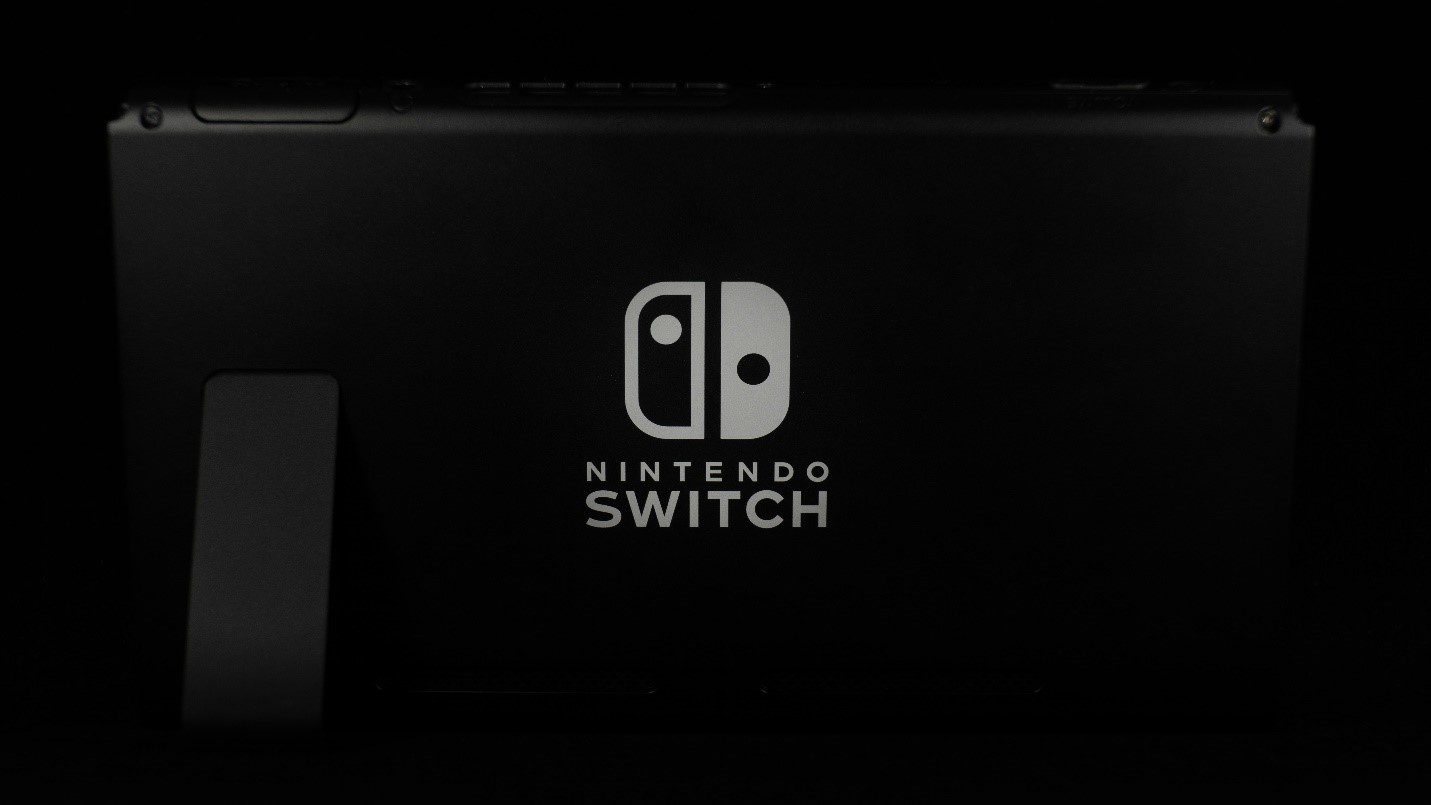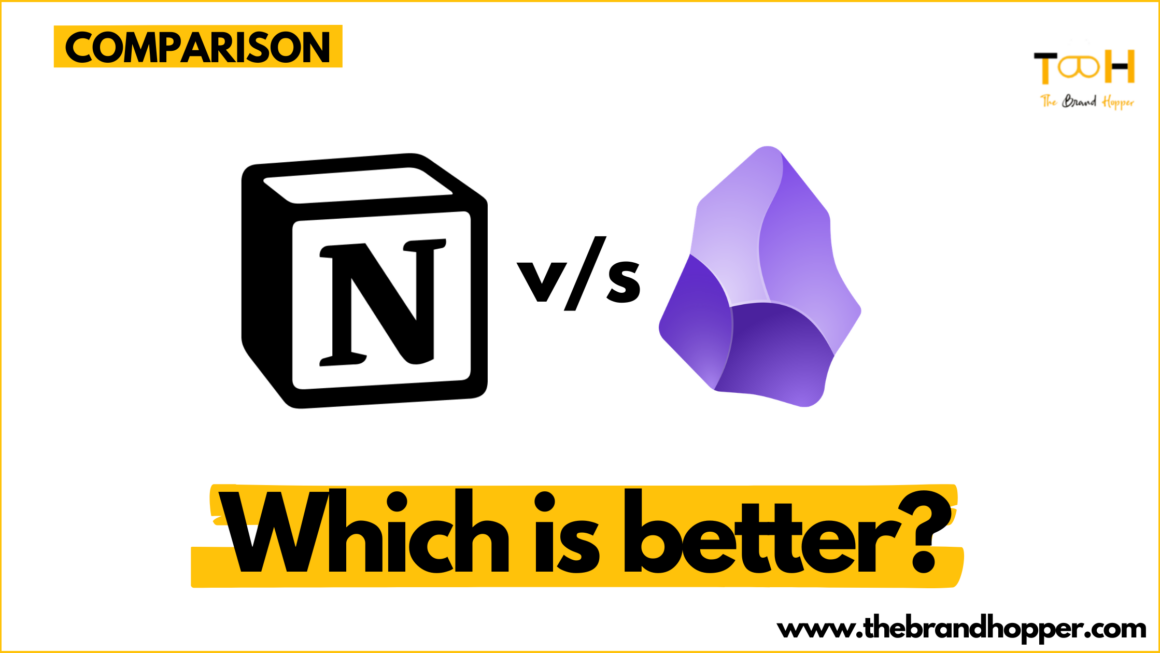Nintendo, a name synonymous with gaming, has etched its mark in gaming history. From its humble beginnings as a playing card manufacturer to its reign as a global gaming powerhouse, Nintendo’s journey is a testament to innovation, creativity, and a deep understanding of what gamers desire. Throughout its history, Nintendo has set new standards for gaming, fostering a loyal fanbase and influencing the broader entertainment industry.
Early Years and the NES Revolution
Nintendo’s roots date back to the 1800s as a hanafuda (Japanese playing cards) company. It wasn’t until the 1980s that Nintendo truly transformed the gaming landscape. After the 1983 video game crash, Nintendo revitalized the industry with the launch of the Nintendo Entertainment System (NES) in 1985. Titles like Super Mario Bros. and The Legend of Zelda quickly became global phenomena, embedding themselves into pop culture and cementing Nintendo’s role as a gaming industry leader. This era helped reshape the perception of video games as a form of entertainment for all ages.
Innovation and Pioneering Game Design
Nintendo’s strength lies in its continuous innovation. The company has introduced timeless franchises, such as Mario, Zelda, Metroid, and Pokémon, that have redefined genres and captivated audiences for decades. By blending storytelling, unique gameplay mechanics, and artistic design, Nintendo has consistently pushed the boundaries of what gaming could be.
Hardware innovations have also been crucial. The Game Boy made portable gaming a reality, while the N64 introduced 3D gaming with titles like Super Mario 64 and The Legend of Zelda: Ocarina of Time. Nintendo’s ability to integrate creative hardware and software has defined its legacy as a company willing to take risks in the pursuit of fun.
The Success of the Wii and Switch
In 2006, Nintendo once again revolutionized gaming with the Wii. Featuring motion controls, the Wii attracted a broader audience, including casual gamers and older adults. Games like Wii Sports became instant hits, turning living rooms into gaming hubs for families. The console’s success proved Nintendo’s capacity to appeal to non-traditional gamers and expand its cultural footprint.
More recently, the Nintendo Switch, launched in 2017, has been a major success. Its hybrid design, allowing players to use it as both a handheld and home console, made it a versatile choice for a diverse range of gamers. Games like The Legend of Zelda: Breath of the Wild and Animal Crossing: New Horizons have further solidified the console’s popularity. The Switch’s flexibility and its extensive library of exclusive titles have kept Nintendo relevant in a fiercely competitive industry.
The Impact of Nintendo on Gaming Culture
Nintendo’s influence extends beyond technology; it has profoundly shaped modern gaming culture. The popularity of its franchises has introduced gaming to a wider audience, including families and casual gamers. Titles such as Mario Kart and Super Smash Bros. have become staples of social gaming, bringing people together across generations.
This broad appeal has mirrored the growth of the gaming industry. New experiences, including online gaming and even online casinos, have emerged as gaming’s popularity surged. For instance, online casinos now offer a variety of games and incentives, including a casino bonus, to attract players. This reflects how the gaming industry’s evolution, pioneered by companies like Nintendo, has led to new forms of entertainment and engagement.
Nintendo’s commitment to creating inclusive, fun games has helped break down stereotypes, making gaming more accessible to all ages and skill levels. By focusing on enjoyment rather than exclusivity, Nintendo has ensured that gaming remains a mainstream, family-friendly activity.
The Future of Nintendo
As Nintendo moves forward, its legacy of innovation and creativity positions it to continue shaping the gaming industry. The company faces challenges, particularly with the rise of AI, virtual reality, and cloud gaming, but its history shows a knack for adapting to new trends. With rumors of future hardware and the ongoing success of its beloved franchises, Nintendo is poised to remain a dominant force.
Nintendo’s foray into mobile gaming with titles like Pokémon Go and Super Mario Run signals its readiness to explore new platforms. As the gaming world continues to expand, Nintendo’s role in shaping the future of gaming remains secure.
Conclusion
Nintendo’s legacy is one of continuous creativity, accessibility, and innovation. From the NES to the Switch, the company has consistently delivered unforgettable bing experiences that appeal to both hardcore and casual gamers. Its influence on the gaming industry and popular culture will endure for generations, as Nintendo remains at the forefront of gaming’s evolution, fostering a diverse and inclusive entertainment landscape.
To read more content like this, explore The Brand Hopper
Subscribe to our newsletter




